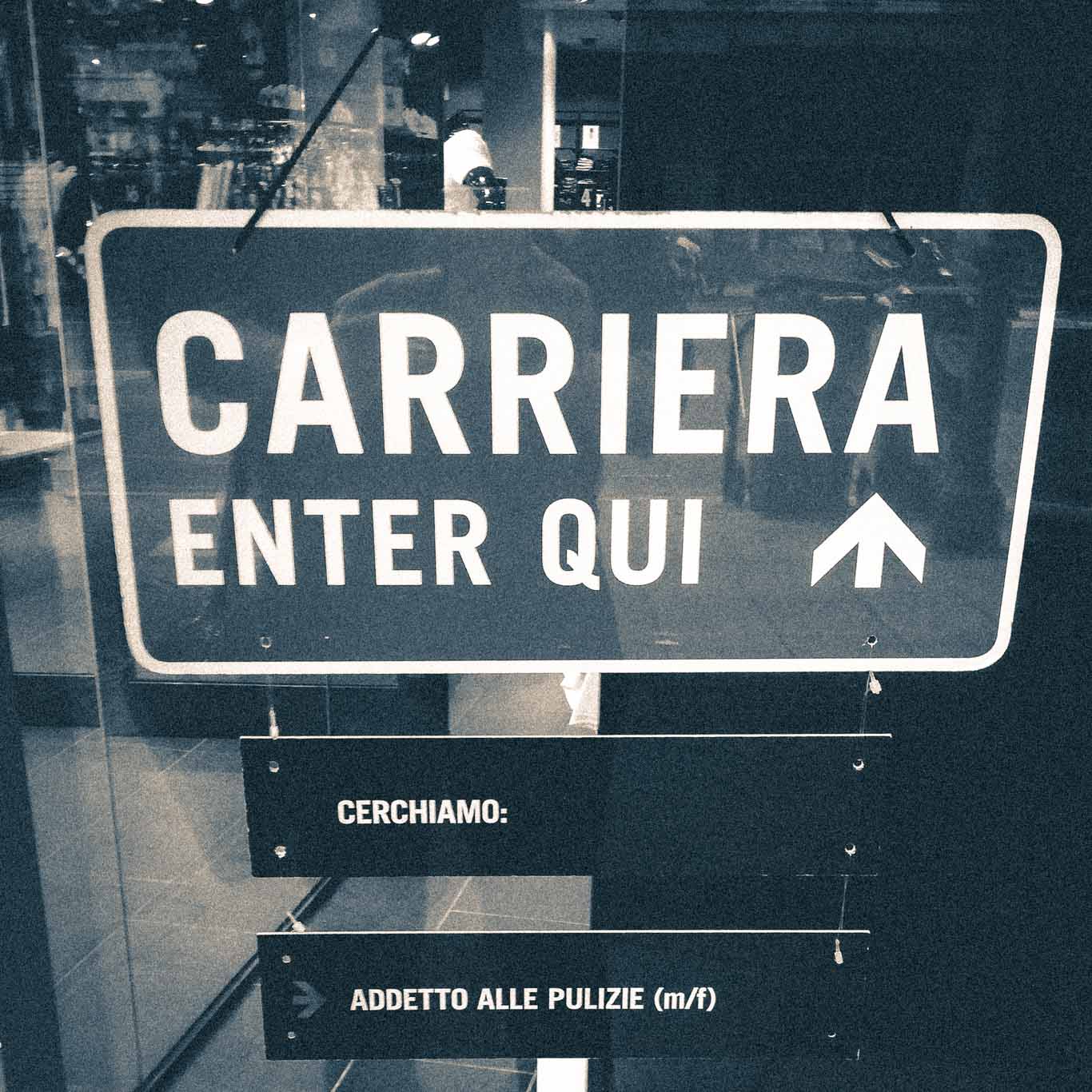Esiste per me un «valore superiore»: il mio amore. Io non mi dico mai: «A che pro?» Non sono nichilista. Non mi chiedo mai qual è il fine. Nel mio discorso monotono non vi sono mai dei «perché»; ce n’è uno soltanto, sempre lo stesso: ma perché tu non mi ami? Come si può non amare questo io che l’amore rende perfetto (che dà tanto, che rende felice)? Domanda la cui insistenza sopravvive all’avventura amorosa: «Perché non mi hai amato? »; o anche: «O, dimmi, dilettissimo amore del mio cuore, perché mi hai abbandonato? Heine: Warum verliessest du mich? »
(“Frammenti di un discorso amoroso”)
There is an “higher value” for me: my love. I never tell to myself: “What for?” I’m not a nihilist. I never wonder what the purpose is. In my monotonic discourse there are never “why”; there is only one, always the same: but why do not you love me? How can this love not love what love makes perfect (this love which gives so much, which makes you happy)? A question whose insistence survives the loving adventure: “Why did not you love me? »; or even: “Oh, tell me, my delightful love of my heart, why did you abandon me? Heine: Warum verliessest du mich? »



